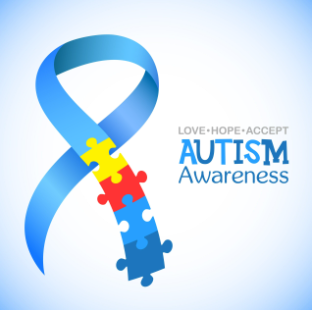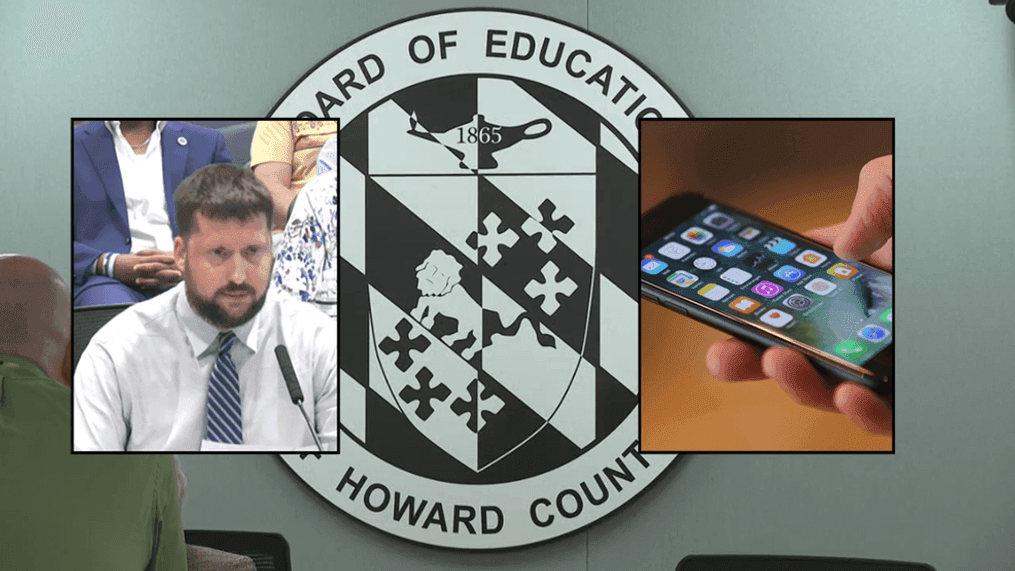From November 22nd to 29th, I cut out all devices with reliable access to the Internet from my day-to-day life. I made only one exception – my HCPSS-issued Chromebook, due to its necessity for keeping up with my schoolwork.
The world wide web has been a focal point of my life thus far: I have had almost unrestricted access for as far as I can remember. It’s hard for me to imagine life without the Internet, as my generation has always lived in the shadow of its overbearing and intimidating presence. Internet use for me is a perfect double-edged sword. Being online has introduced me to many of my interests, and allowed me to meet others to share them with from all over the world. On the flip side, online activity has ruled the list of scapegoats and excuses for my faults, seemingly as long as I have been active on it. I am not alone. Doomscrolling, mindlessly skimming through short-form online entertainment to avoid deeper and more important tasks, has emerged as a popular and relevant term on the very platforms it takes place. While symbiosis with online use is definitely possible, it can be a disastrous intermission that can swallow many whole, and it should be treated with delicacy as the monster it is. Believing this period of time would be a small change for me would be a gross understatement.
To prepare for my hiatus, I binged on my typical use, noting what it felt like before saying farewell. I fell asleep unprepared and unsure about the journey that lay ahead of me.
I faceplanted into day one. I was a mess. My binge on the Internet proved regretful… I had 30 minutes to get ready for the day ahead of me, and I would have to face the day head-on. When I made it to school, I noticed that during class instruction, at least half of the class appeased themselves with their mobile devices. During free time in class, nearly every student (barring me, of course) reported the same behavior, a constant throughout my experiment. Perhaps due to the incoming autumn break period, this number was inflated, but it was still shocking. I chose my period of absence to create a balance between school and home life, as it fell on a Friday and continued into autumn break. That way, I could have time to reflect on life without being able to use the excuse of school to distract myself.
Initially, I felt directionless. I had spent so much time and energy beforehand contemplating how I would feel at this very moment, that I had failed to account for the rudimentaries that I had felt would come on their own. I had to face my emotions instead of using my pocket brick to avoid them. In my experience, the primary reason for excessive screen time is reluctance to face the bigger issues. After all, browsing is always an easier alternative to putting in effort. Why work on that assignment when there’s goofing off instead? Why do something important when doomscrolling will always be infinitely easier? I had to put in effort, which was admittedly difficult, but definitely a wiser choice than wasting time online.
There were also signs of withdrawal. I often thought about how people on various social media platforms acted in my absence, and wondered what people thought about me.
Such are the symptoms of fear of missing out, or FOMO, another behavior catalyzed by Internet use. The principles of FOMO are attachment to social networking platforms, desire to be ‘in the know’ within social groups and compulsive, ingenuine maintenance of social connection. I also had hazy dreams almost daily of interacting on various social media apps and websites. I was convinced for a short while after waking that these interactions actually happened and that the experiment had failed. I was addicted.
Eventually, my lament started to fade. I didn’t feel obligated to check any feeds. I became more attentive, more conversational. I had deeper discussions, and I actually enjoyed them, greatly surprising me. I was starting to open my eyes. I thought I was ready to re-emerge into the digital world, awoken and healed. The experiment had concluded.
On the morning of Friday, the 29th, I eagerly booted up my devices. ‘Fewer notifications than I thought there would be,’ I thought. My fear of missing out really was unfounded; I didn’t miss much at all. Nonetheless, I continued as if I had never even taken a break.
I returned online as I exited: an impetuous, gluttonous binge of all the behaviors I had renounced. Time was only a suggestion. Any positive habits I had developed over the past week evaporated. I became the screen.
In retrospect, my experiment had many flaws. It was mostly started out of desperation to make some, any good change in my life. The setup was done very poorly, but I was too exhausted to think of any good habits. If I do an experiment similar to this one again, I will start to transition out of Internet use, if even completely renouncing it. I feel an experiment more akin to ‘one hour of Internet a week’ would be more healthy. On the flip side, I do believe this experiment was great for me, even with the sloppy ending. I would highly recommend you – the reader- to take a break like mine every once in a while, even if for just a day.
Overall, my experiment was a wake-up call that has taught me about how to improve my lifestyle. A glance into my true potential has left me with less than any excuse for inertia; the question is: will I continue to live?
Categories:
Going Offline: I left the Internet for a week

via stock.adobe.com
More to Discover
About the Contributor

Nicholas Riggs, Staff Writer
My name is Nicholas Riggs, and this is my second year writing for The Stallion. I’m excited to be a big part of the newspaper this year and show you my writing.







